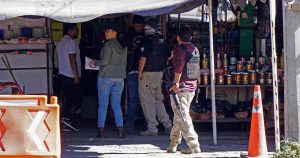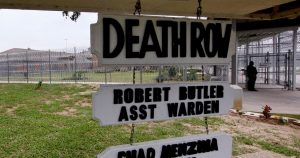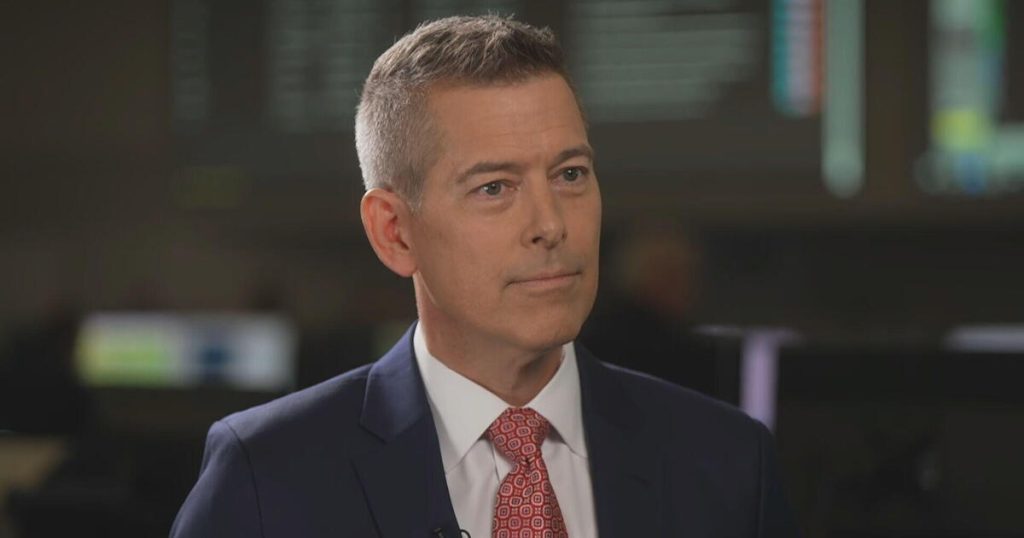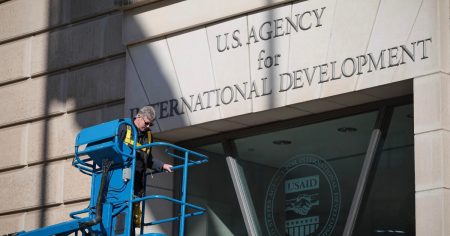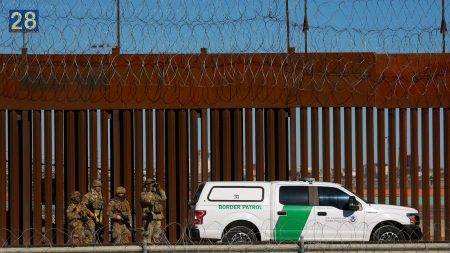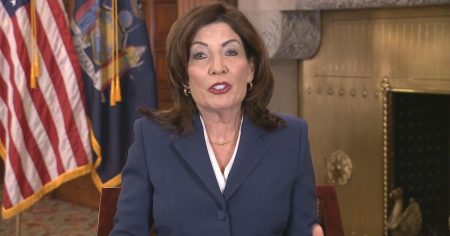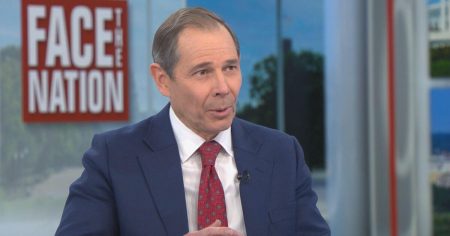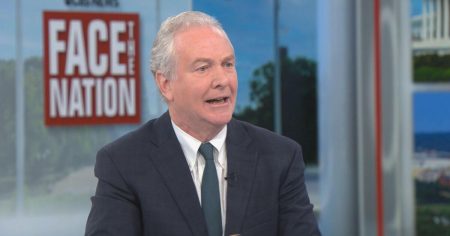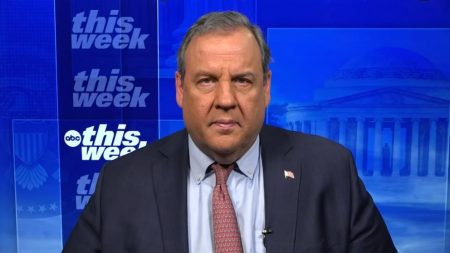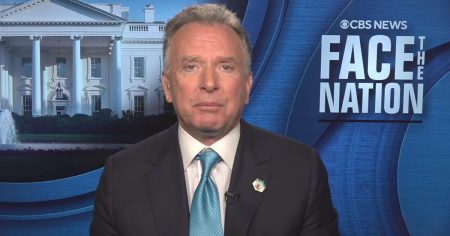Transportation Secretary Sean Duffy Addresses Flight Safety Concerns Amid Recent Incidents
In recent weeks, the U.S. has experienced a series of distressing aviation incidents, prompting heightened concerns among the public about the safety of air travel. Transportation Secretary Sean Duffy has stepped forward to reassure the nation, emphasizing that flying remains one of the safest modes of transportation. In an interview with CBS News, Duffy stated, "If you get in a plane, if you look at how many people fly, how many flights we have, of course it’s a safe space." His comments come amid a spate of incidents that have raised eyebrows and sparked widespread debate about aviation safety.
Recent Aviation Incidents Highlight Need for Improved Safety Measures
The U.S. has witnessed several alarming aviation events in recent months. In January, the country suffered its deadliest air crash in over two decades when a Black Hawk helicopter carrying three crew members collided with an American Airlines jet near Washington, D.C. The crash claimed the lives of all on board, leaving no survivors. Days later, a small plane crashed in a Philadelphia neighborhood, resulting in the deaths of seven people. More recently, a Delta Air Lines flight from Minneapolis caught fire and flipped upside down while landing in Toronto, though fortunately, all 80 passengers and crew members survived. These incidents, while tragic, are being closely examined to identify potential patterns and areas for improvement.
Duffy Calls for Immediate Modernization of Air Traffic Control Systems
Secretary Duffy has underscored the urgent need to modernize the nation’s air traffic control systems, which he described as outdated and in dire need of upgrading. He pointed out that some systems still rely on "floppy disks," a stark reminder of how far behind the technology is. "The systems that we use are so old," Duffy remarked, urging Congress to act swiftly. "We can’t wait four years, six years, 10 years. We have to do it right now." To expedite this process, Duffy has enlisted the expertise of Elon Musk, CEO of Tesla and SpaceX, who has been advising the federal government on its overhaul. A team from SpaceX has been tasked with providing guidance on "simple, easy steps" to modernize the air traffic control system.
Balancing Innovation and Conflict of Interest in Modernization Efforts
While seeking external expertise to address the antiquated air traffic control systems, Secretary Duffy has also been cautious to avoid potential conflicts of interest. SpaceX, Musk’s company, has previously been investigated and fined by the Federal Aviation Administration (FAA), which could have raised concerns about its involvement in the modernization efforts. Duffy emphasized that Musk’s involvement has been limited to discussions with air traffic controllers and a review of existing technologies. "I don’t want to see conflicts of interest," he stated, adding that Musk has not directly interfered with the system. The SpaceX team has reportedly engaged in a "back-and-forth" with FAA officials to understand what works well and what doesn’t, aiming to identify practical solutions.
Staffing Cuts at the FAA Spark Controversy Amid Safety Concerns
In addition to addressing the recent incidents and modernization efforts, Secretary Duffy has faced scrutiny over his decision to terminate hundreds of FAA employees. Democratic lawmakers have called for answers, questioning the wisdom of reducing staff amid a series of high-profile crashes and near-misses. Duffy has defended the cuts as "incredibly small," noting that the FAA employs 45,000 federal workers and that critical safety positions, such as air traffic controllers and inspectors, have been protected. "All the critical safety positions like air traffic controllers and inspectors, all of those positions have been protected. No one’s been fired. Actually, we were hiring into those spaces," he said. The cuts amount to 352 positions, which represents just 0.8% of the workforce. Despite this, the timing of the reductions has raised concerns among lawmakers and aviation safety advocates.
Rebuilding Public Trust in Aviation Safety
As the nation grapples with these challenges, Secretary Duffy and the FAA face the daunting task of rebuilding public trust in aviation safety. While statistical evidence continues to support the notion that flying is safe, the cluster of recent incidents has understandably rattled the public. Duffy has acknowledged the importance of learning from these events, stating, "I do think as we look at the incidents or the crashes, it gives us an opportunity to say what went wrong? What can we improve upon in the system off these crashes?" By addressing the root causes of these incidents, modernizing outdated systems, and ensuring that safety remains the top priority, the FAA aims to restore confidence in the safety of air travel. As the investigation into these events continues, the focus will remain on identifying actionable solutions to prevent future tragedies and ensure that the skies remain safe for all passengers.
